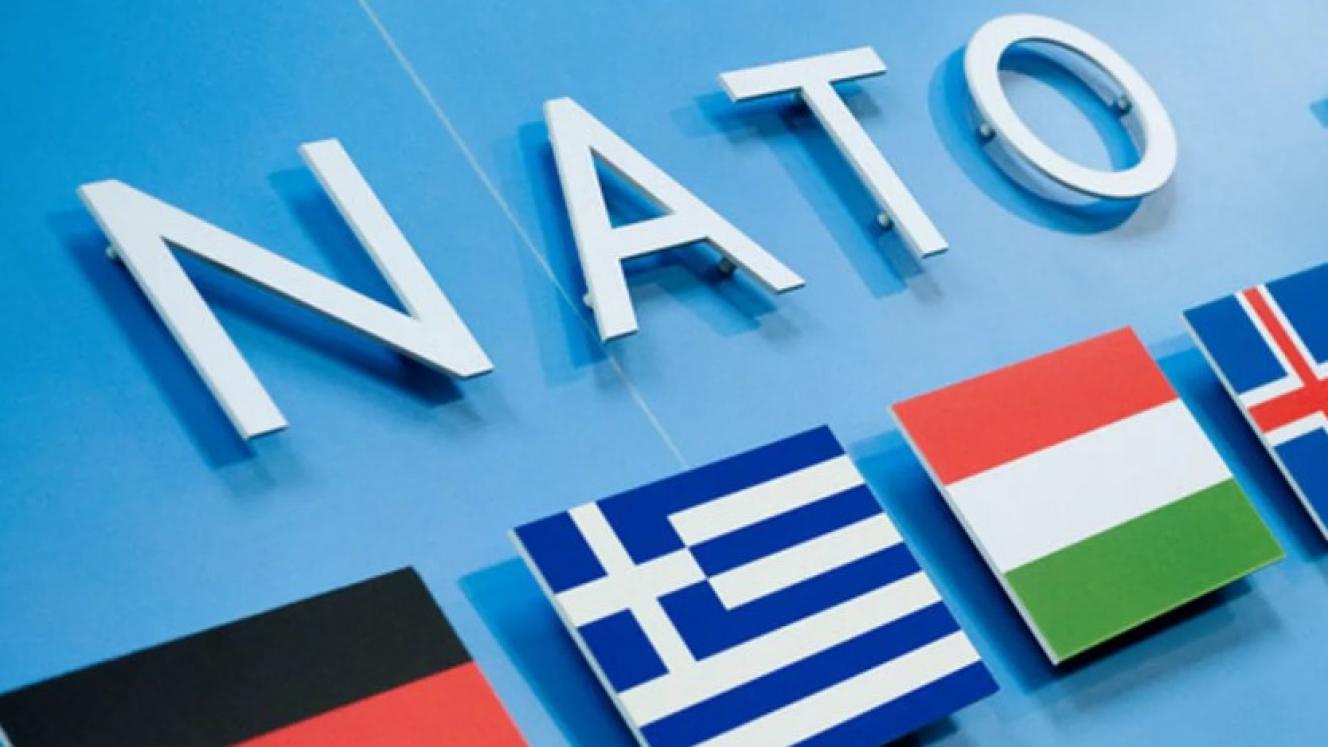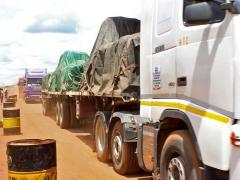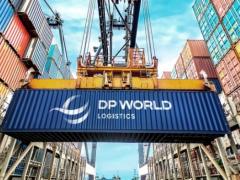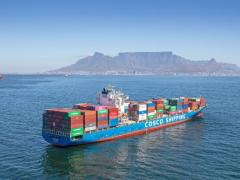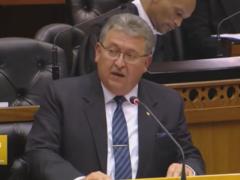The failure to develop a significant and growing chicken export operation was identified as one of the big unfulfilled objectives of the poultry master plan during a recent digital summit – Poultry Master Plan: Growing our agri-future– organised by Fairplay.
The export drive is an important focus of the master plan, which envisages chicken exports doubling in the three years to 2023, redoubling by 2028, and continuing to grow after that. The result would be a substantial portion of expanded local chicken production aimed at the export market.
But instead of growing, chicken exports have dropped every year since the master plan was signed in 2019, according to the not-for-profit trade movement whose goal is to end predatory trade practices between countries.
A major drawback has been the lack of state veterinary resources to provide the health certificates required for export, particularly of raw chicken meat to the EU. In addition, new export markets need to be developed for the export of cooked or partially cooked chicken to the Middle East and elsewhere.
Everything has taken longer than expected, but the local poultry industry says it will be “export ready” by the end of this year. The SA Poultry Association broiler general manager, Izaak Breitenbach, told the online discussion that exports were a strategic need, and a lot of planning had been done in the last two years on the export of cooked chicken and on facilitating exports to the EU.
However, increased government capacity to support exports was “desperately needed”.
De Wet Boshoff, CEO of the Animal Feed Manufacturers Association, said the poultry industry needed to export if it was to grow. If the industry expanded without export markets to take the excess, local producers would be competing against each other in the South African market and “prices will implode”.
Trade adviser Donald MacKay said South Africa’s infrastructure problems were a “competitive hindrance” to exports because they added to producer costs. Water and electricity supply problems and poor roads also put an “automatic cap” on industry growth.
These additional costs mattered, he added. Even though South African chicken would have duty-free access to the EU, and would get premium prices, it would still have to compete there with chicken from EU producers and other countries.

